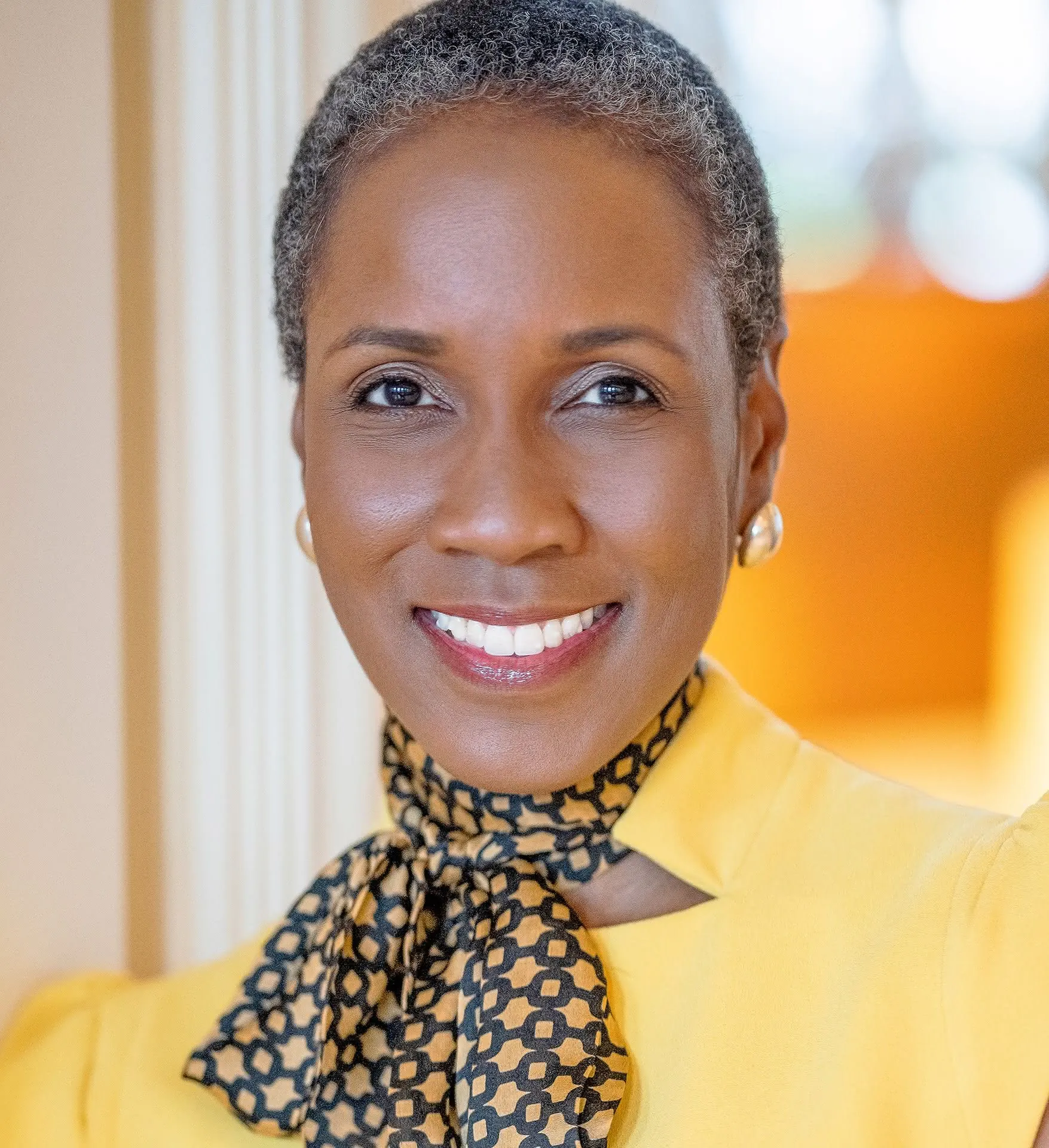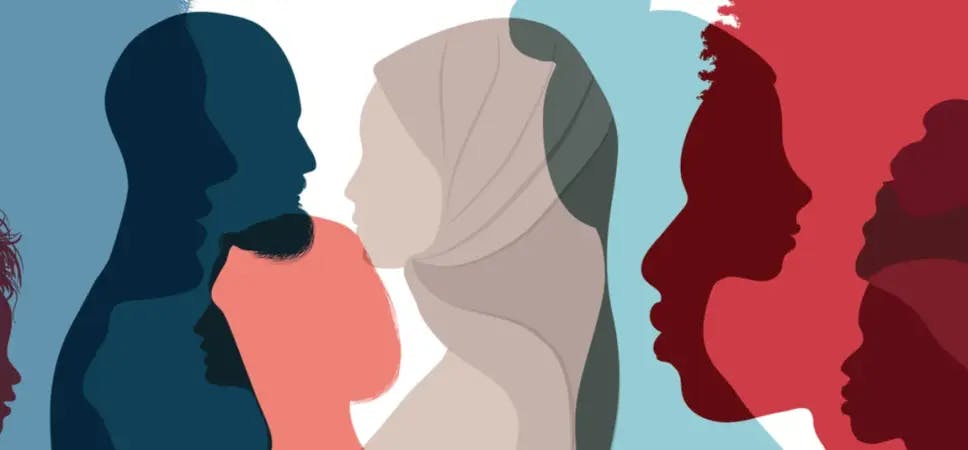
Evidence continues to emerge showing a stark contrast in the impact of COVID-19 on community health. The novel coronavirus is striking minority groups, particularly African Americans, at disproportionally higher rates.
A number of factors are likely behind this disturbing trend including poorer access to healthcare, higher rates of chronic illness, limited testing, distrust of the healthcare system and underlying bias.
We recently spoke with Bridget Hurd, senior director of diversity and inclusion at Blue Cross Blue Shield of Michigan and a member of the Michigan Coronavirus Task Force on Racial Disparities, a high-level panel appointed by Gov. Gretchen Whitmer to better understand the key drivers of these disparities and determine what can be done to improve outcomes.
Disparities in health are nothing new, and it is a subject you have spent much of your career addressing. How is COVID-19 different? Or has it just magnified the seriousness of the issue?
Yes, COVID-19 has magnified the seriousness of the issue. Health and healthcare disparities in minority and vulnerable communities have been around for a long time. Morbidity and mortality for chronic disease states are two to three times higher for African Americans, Hispanics/Latin, Native Americans and some other vulnerable communities. It is influenced by access to care, access to insurance, delivery of care and other social determinants of health. In some instances, even when we take into account variables like higher socioeconomic status or education, disparities still remain disproportionate.
Why are communities of color seeing such drastically different outcomes from the virus, particularly with deaths occurring at a significantly higher rate?
Communities of color are seeing drastically different outcomes because of the rate of disparities as it relates to chronic disease. COVID-19 attacks the body and produces inflammation. If the body already has inflammation from disease such as high blood pressure, diabetes or kidney disease (for example), the likelihood of more severe outcomes increases. In addition, factors like access to testing, working front-line jobs, not being able to work remotely and utilizing public transportation are factors that increase risk to exposure, contracting the virus and potentially spreading it to friends and family members.
We know that there can often be distrust among vulnerable communities and healthcare systems. How important is cultural competency is building back the trust, especially in times of crisis like we face today?
Cultural competency is a crucial building block in healthcare delivery and especially important right now. Simply understanding the grief that the African American community is experiencing right now is important. Demonstrating empathy and showing compassion in communication and outreach helps to build trust. Helping members understand the healthcare system is a resource to help and not harm is extremely important. This can be achieved by recognizing our own implicit bias, being present in interactions with one another and asking the right questions to understand the cultural needs of patients in a way that shows authentic interest and respect.
We discussed some of the racial disparities that occur in health, what are some of the other gaps in the system that are impacting health during this time?
Access to testing has been a barrier. Drive-up testing is not always an option for everyone, and testing in locations that are not easy to get to is another barrier. Also, community members have voiced concerns about getting to a testing site, being turned away and not receiving a test, and then experiencing poor outcomes as the virus progressed in their bodies.
Easy to understand and culturally competent information about the virus, how to prevent it and what to do if you feel sick has been limited. Reaching the community through grassroots efforts is essential to provide that much-needed information and bust myths about coronavirus.
What should we be doing right now, and what can we continue to do in the future to help close these care gaps, rebuild trust and end health disparities?
We can continue to shine a light on health and healthcare disparities and make a commitment to addressing it from systemic as well as grassroots efforts such as community programs that help prevent and manage disease. We need to continue to shine the light on why equity and quality in healthcare delivery is non-negotiable. We can emphasize the critical need for consistent race and ethnicity data collection so that we understand where the disparities are, ask the right questions to understand why and then effectively address the social determinants of health that influence these disparities.
We can engage the healthcare community in conversations about the need for cultural competency and exactly what that means, looks like and feels like for healthcare providers and medical school students. We then have to put all of these things in action.

Bridget Hurd, Senior Director of Diversity & Inclusion Blue Cross Blue
